Office culture has undergone a seismic shift in the wake of the pandemic, fundamentally changing how and where we work. Many global employers are questioning whether they’ll return to the office at all; fifty of the UK’s largest employers said they have no plans to return staff to the office full-time in the near future, BBC reports. Google and Facebook have both announced that employees will continue working remotely at least until July 2021, with Facebook planning to permanently shift thousands of jobs to remote work over the next five to ten years. “The tech companies are leading the way on this…I think big offices are finished,” host Kara Swisher predicted on New York Magazine’s Pivot podcast.
The travel and hospitality industries are shifting gears to accommodate a new type of visitor: the 9-to-5 worker.
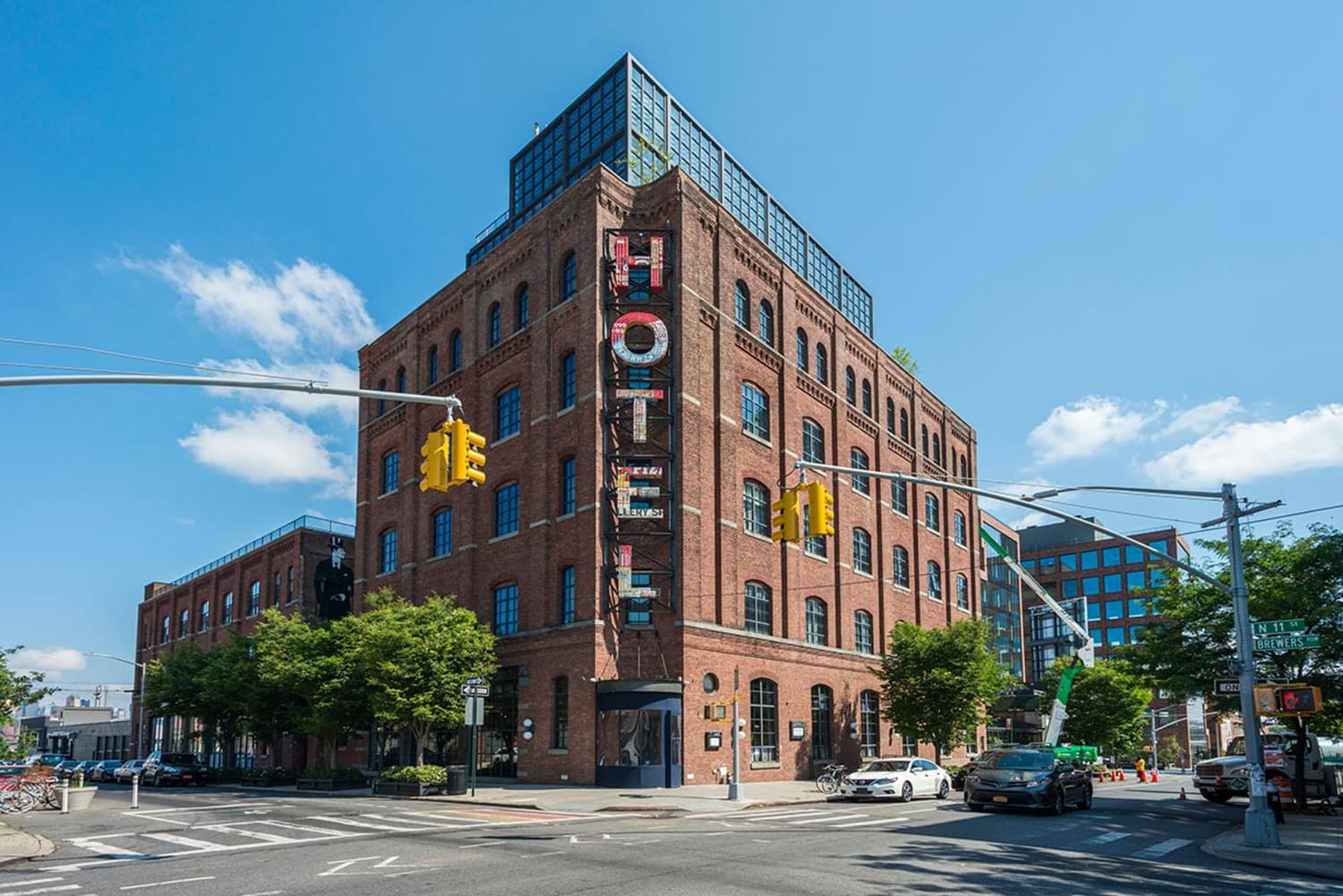
While this may spell the end of the big, open, communal office, flexible solutions propose a new model for the future workspace: hotels and restaurants, in the absence of their traditional clientele, are repurposing their spaces as rentable offices.
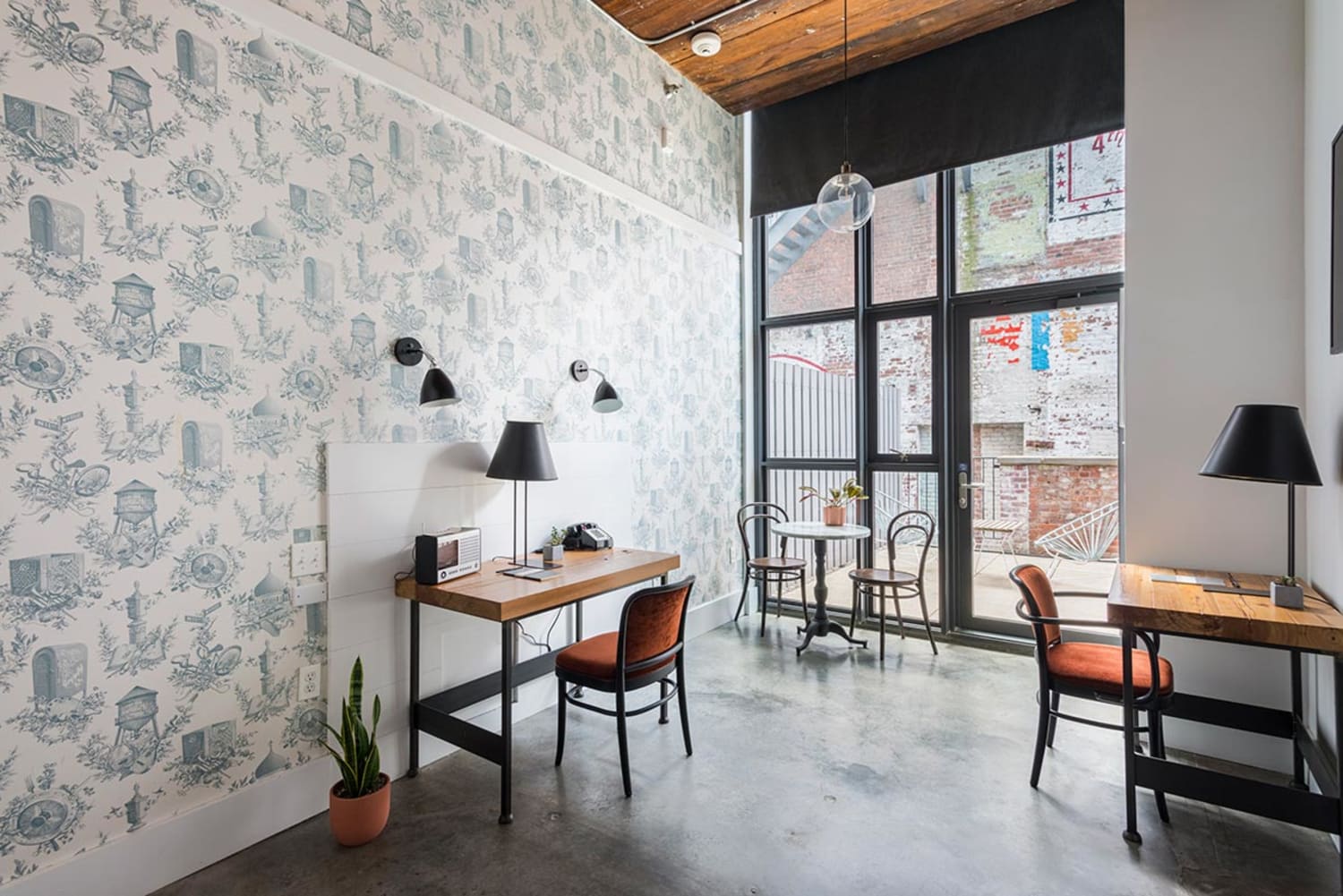
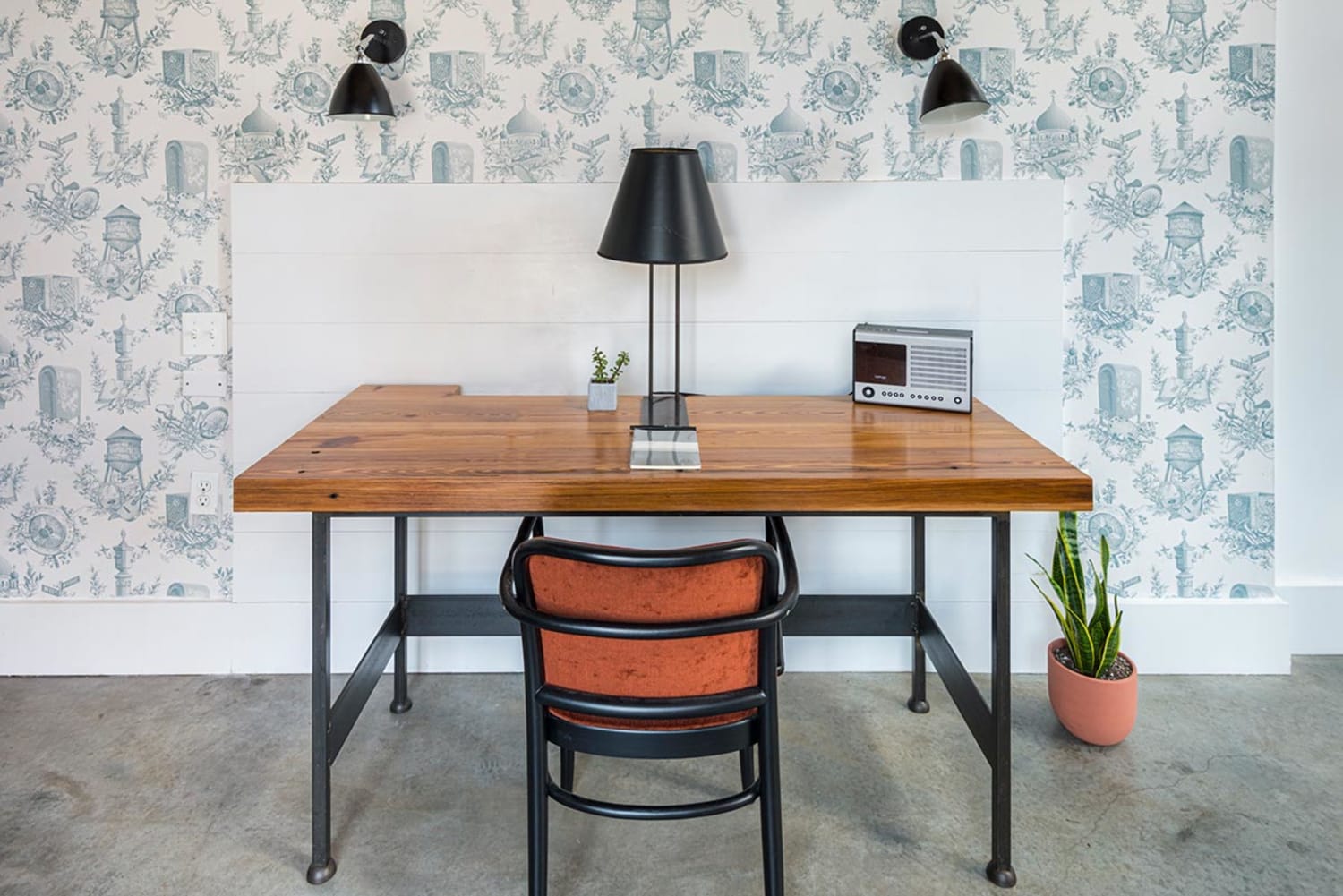
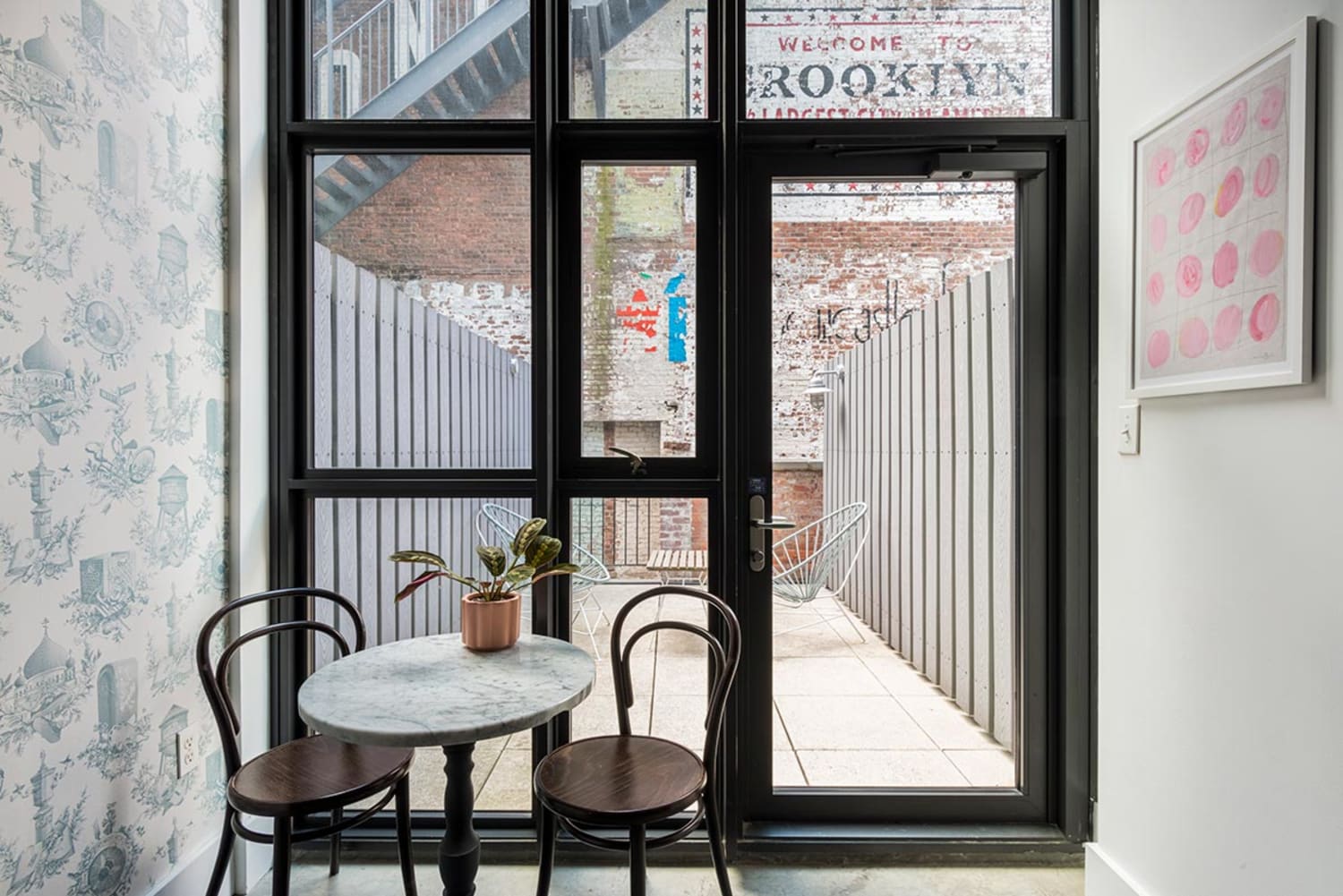
High-end hotels are redesigning their rooms into semi-permanent offices. In July, the Wythe Hotel in Brooklyn partnered with workplace designer Industrious to transform one floor of guest rooms into rentable offices. Bedroom furniture was replaced by desks, chairs and lamps in each of the thirteen rooms, and the $200 per day price includes printing services, Wi-Fi, unlimited digital access to The New York Times and complimentary coffee and pastries.
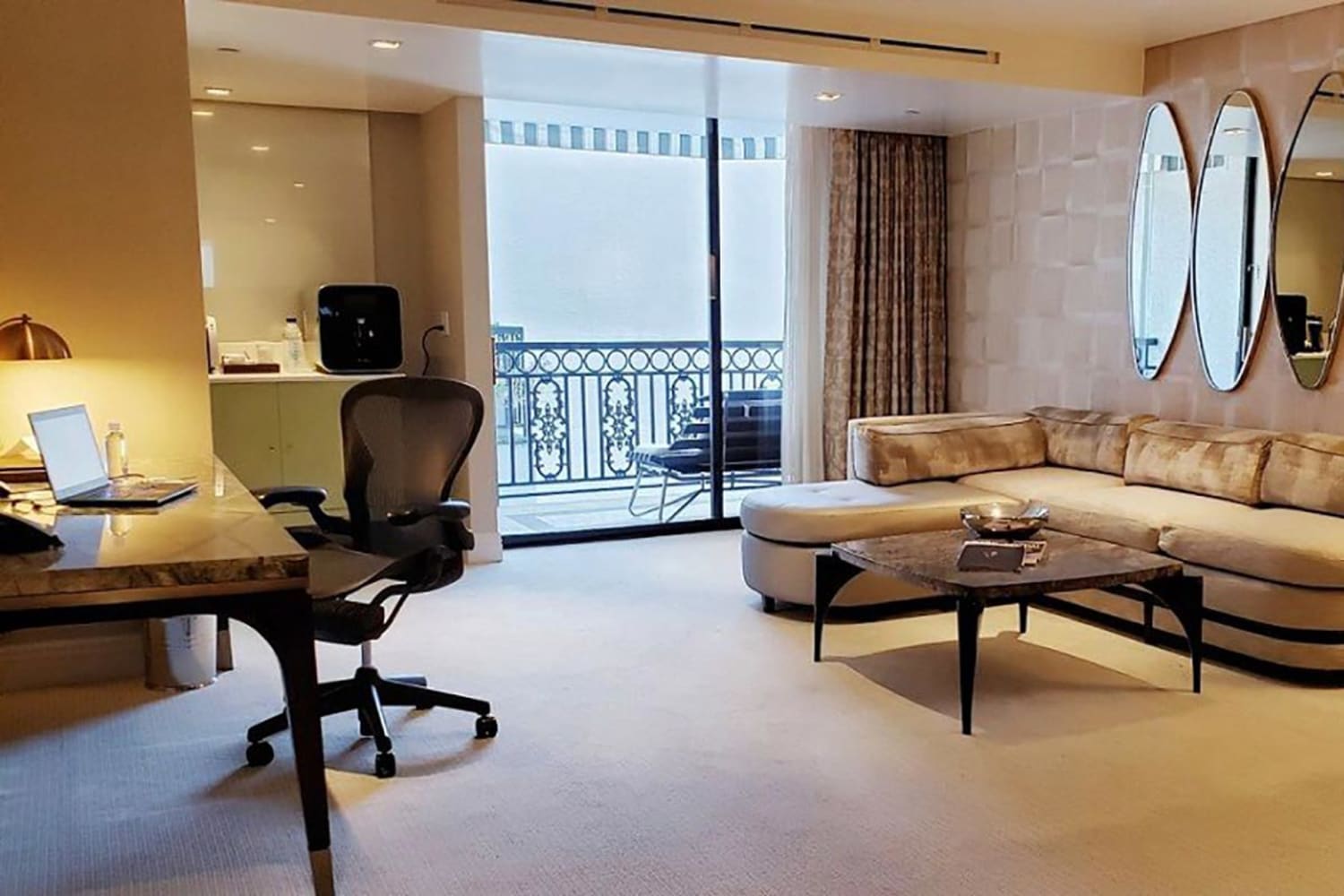
On June 1, 2020, the Los Angeles luxury hotel The London West Hollywood at Beverly Hills launched Offices at The London West Hollywood, converting an assortment of the hotel’s rooms into private office spaces. The offices can be rented on a monthly or longer-term basis, targeting not just individual workers but nimble companies who want to work in close proximity but forgo annual lease agreement and deposit required by most commercial real estate.
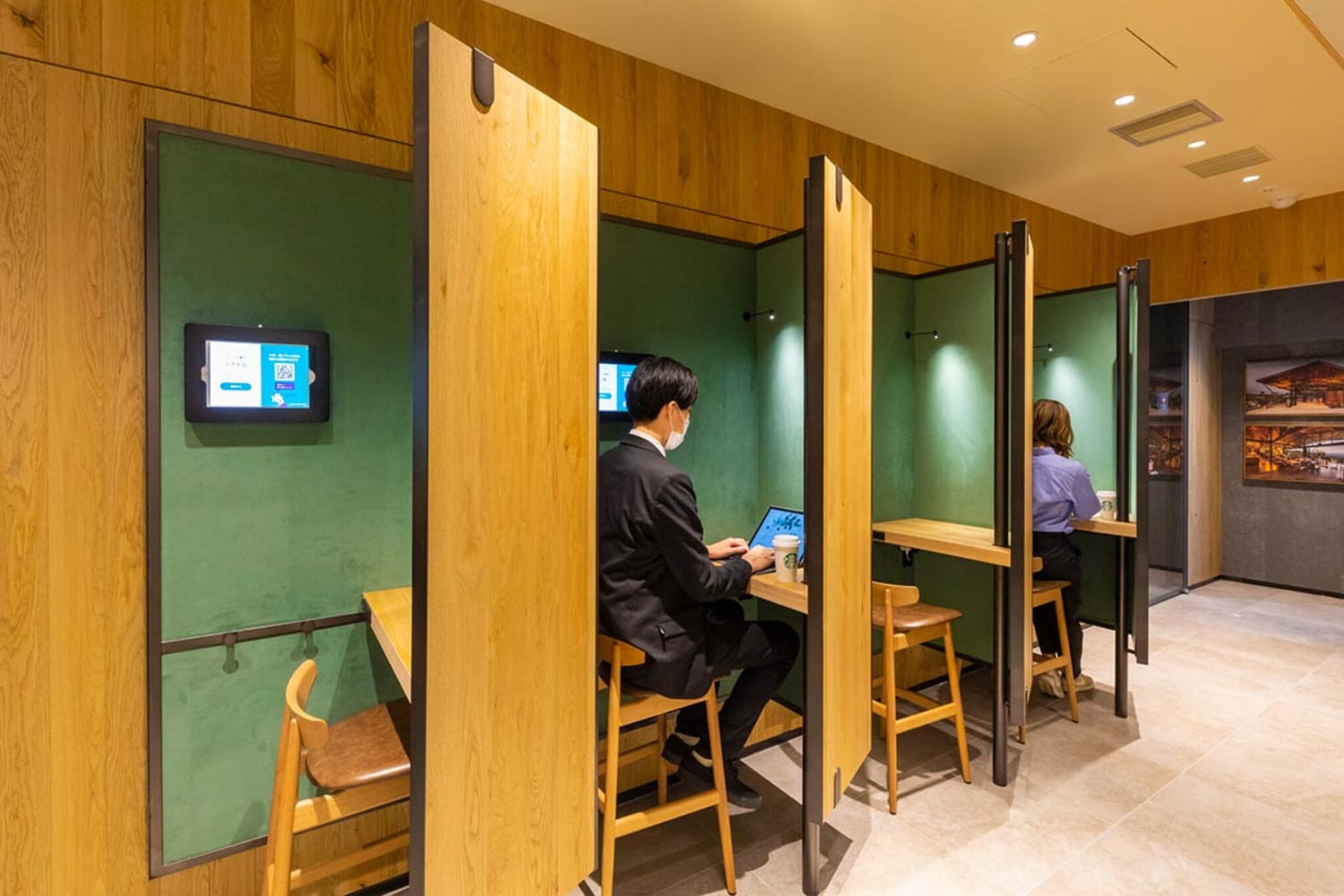
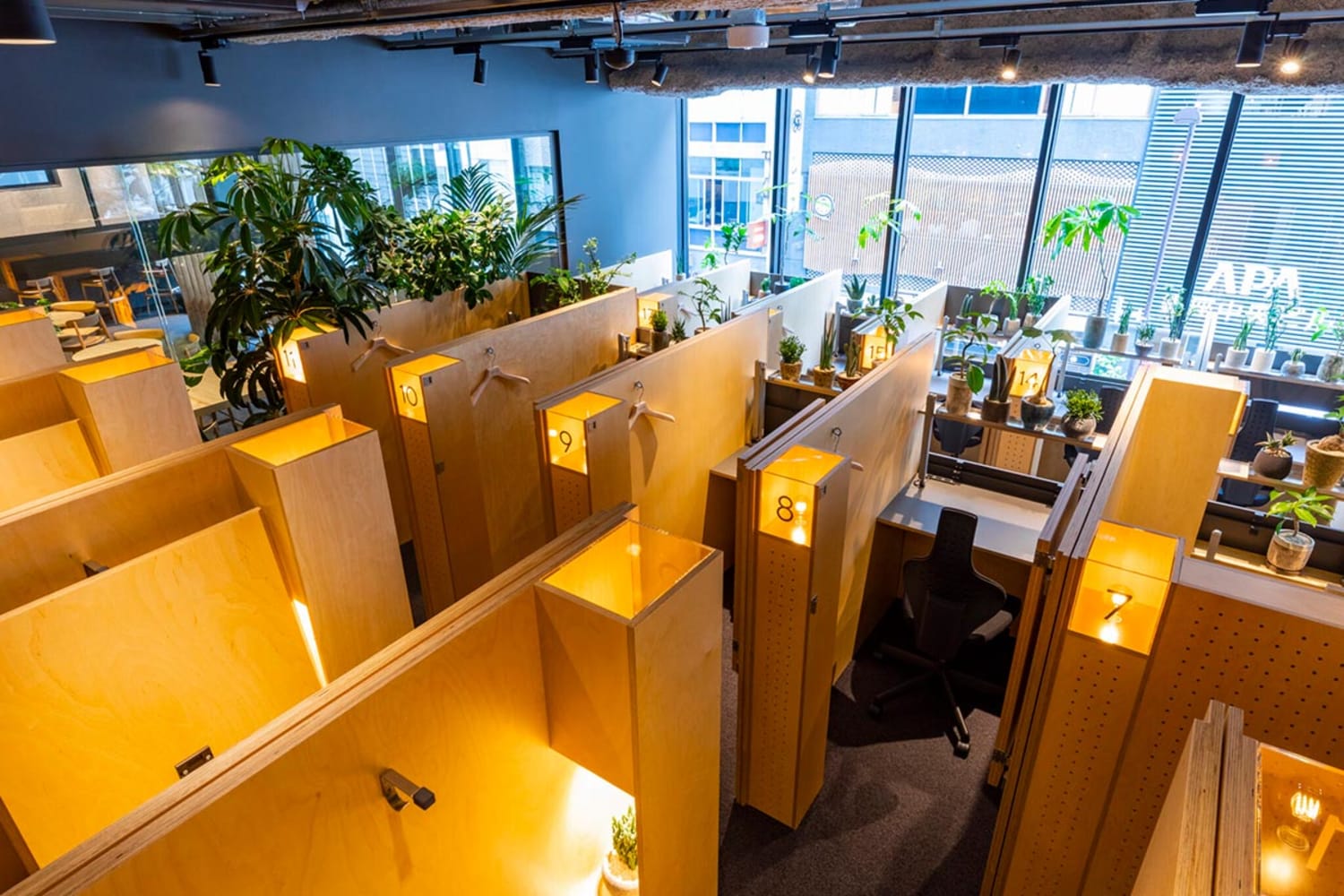
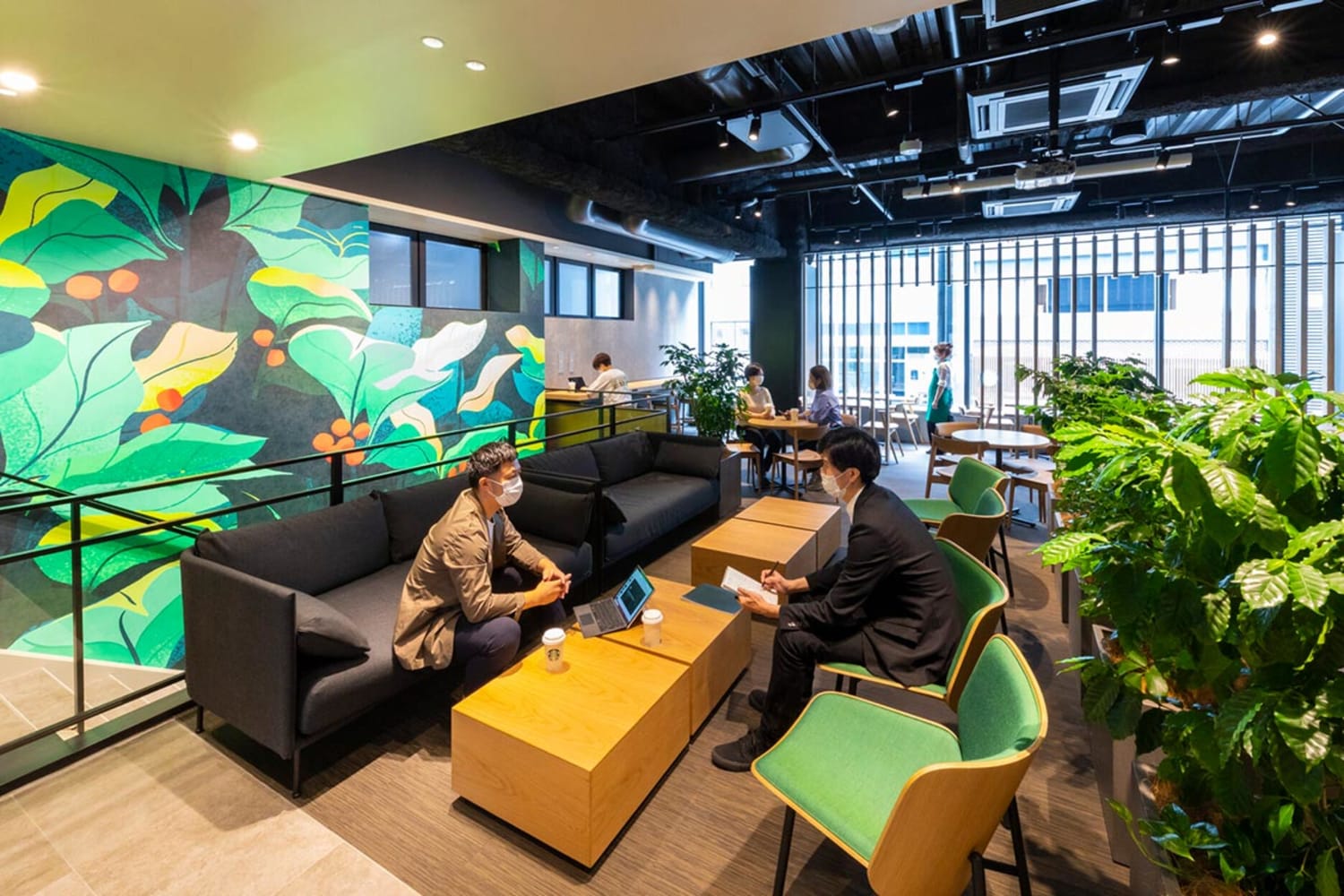
On July 30, Starbucks unveiled a new Tokyo store designed expressly for remote workers. Created in partnership with Think Lab, the second floor of the café is effectively a business center, with enclosed solo working areas as well as a larger space for collaborative meetings. Customers can reserve the solo workspaces in 15-minute increments, using an app to book, pay and unlock the space.
Please provide your contact information to continue.
Related Content

VML Prague and KitKat offers a digital break with its new "Phone Break" campaign

